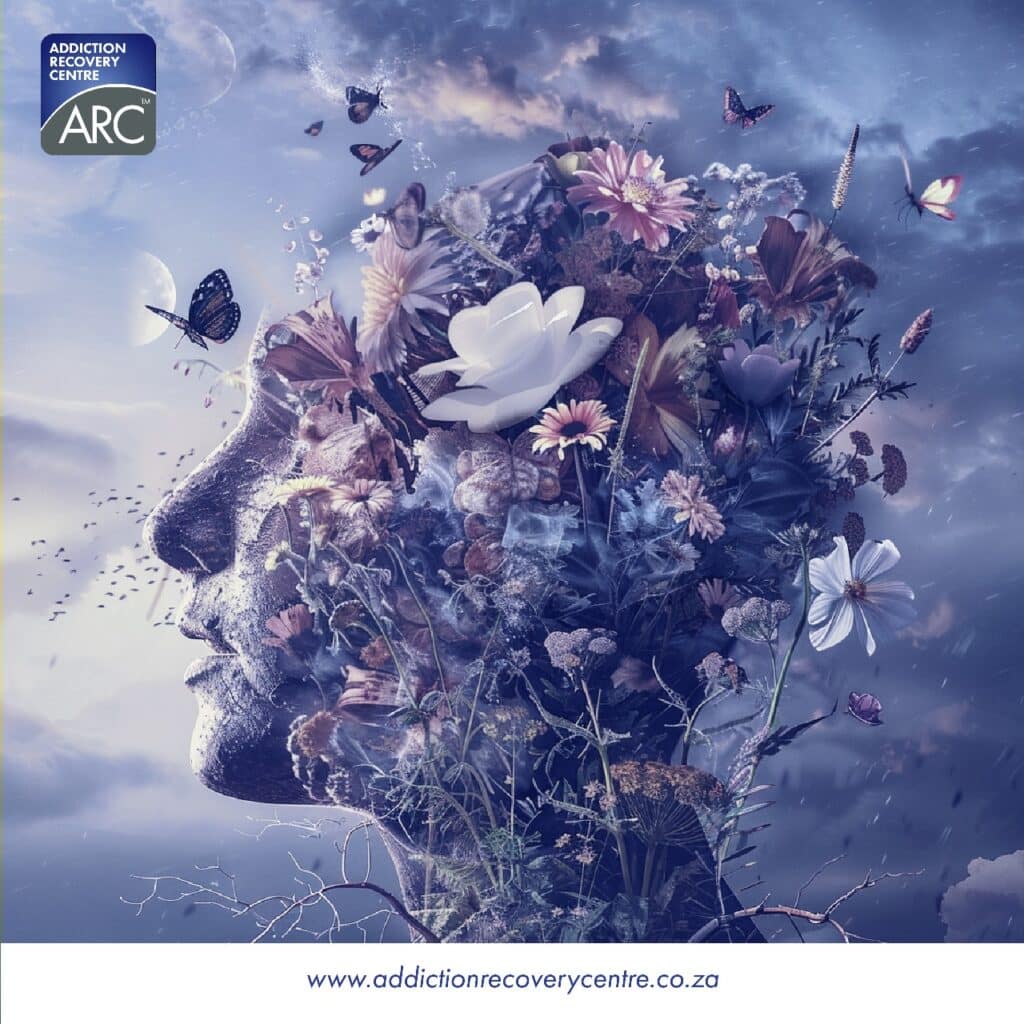
Coping Skills for Alcohol Addiction
Coping Skills for Alcohol Addiction
Coping skills are essential in overcoming alcohol addiction and maintaining long-term recovery. Recognizing your triggers—such as stress, loneliness, or social pressures—helps you respond differently. Engaging in physical activities or hobbies can shift your focus and lift your mood. Mindfulness practices, like deep breathing or meditation, keep you grounded during difficult moments. Support groups offer shared experiences that promote accountability and a sense of community. Each of these strategies supports a healthier path forward, helping you build resilience and confidence in your recovery journey.
Understanding the Triggers of Alcohol Addiction
What triggers your urge to drink? It could stem from work-related stress, social pressures, or even boredom. Recognizing these triggers is the first step in understanding your relationship with alcohol.
You might find that certain environments or specific people increase your cravings. Perhaps you associate celebrations or challenging days with alcohol as a coping tool. Emotional triggers—like loneliness, sadness, or frustration—can also play a major role, prompting you to seek comfort through drinking.
By identifying your unique triggers, you can begin to interrupt the cycle and replace old habits with healthier choices.
Developing Healthy Coping Mechanisms
Developing healthy coping mechanisms is a key part of overcoming alcohol addiction. Once you identify your stressors and triggers, you can begin exploring alternative responses that nurture both your mental and physical health.
Engage in physical activities like walking, swimming, or yoga to release endorphins and boost your mood. Practice mindfulness or meditation to help you stay calm and focused during moments of temptation. Journaling your thoughts and emotions provides a safe outlet for expression, while connecting with supportive friends or family fosters a sense of belonging and encouragement.
Finally, immerse yourself in hobbies that inspire creativity or joy—whether it’s gardening, painting, or learning something new. These positive outlets can keep your mind engaged and your recovery strong.
The Role of Support Groups in Recovery
Support groups are a cornerstone of recovery from alcohol addiction. They provide a safe, non-judgmental space where you can share your story, listen to others, and feel genuinely understood.
In these settings, you’ll find empathy and encouragement that help reduce feelings of isolation. Sharing your journey promotes accountability and keeps you focused on your recovery goals. Learning from others’ experiences can also give you new perspectives and practical tools for managing cravings and stress.
Support groups create a community of connection and hope—reminding you that you’re never alone in this process.
Mindfulness and Stress Management Techniques
Incorporating mindfulness and stress management into your recovery routine can greatly enhance your well-being. Mindfulness helps you stay present and aware, making it easier to manage cravings before they escalate.
Simple techniques such as deep breathing, meditation, or yoga can calm your mind and reduce anxiety. Setting aside even ten minutes a day for mindfulness practice can improve emotional balance and self-control.
Additionally, identify common stress triggers and prepare proactive coping strategies—like writing in a journal, listening to music, or reaching out to a trusted friend. These small, consistent actions help you maintain emotional stability and confidence in your sobriety.
Creating a Sustainable Aftercare Plan
A sustainable aftercare plan is essential for maintaining long-term recovery and preventing relapse. Begin by recognizing your personal triggers and designing practical strategies to manage them effectively.
Schedule regular check-ins with your therapist, counselor, or support group to stay accountable and connected. Incorporate healthy routines such as exercise, balanced nutrition, and restful sleep to strengthen your body and mind. Build a strong support network of loved ones who understand your journey and can offer encouragement when challenges arise.
Make use of aftercare resources provided by ARC Addiction Recovery Centre—such as workshops, relapse prevention programs, and educational materials—to reinforce your coping skills. Stay proactive in addressing signs of stress or temptation, and update your plan as your recovery evolves.
What Are the Signs of Alcohol Addiction?
Common signs include increased tolerance, withdrawal symptoms, neglecting responsibilities, and drinking alone. You might also notice cravings or prioritizing alcohol over health or relationships. If these symptoms sound familiar, it’s important to seek professional help.
How Can Family Support Aid Recovery?
Family support strengthens recovery by fostering accountability and emotional connection. Open communication with loved ones builds understanding, reduces isolation, and creates a reliable support network that encourages long-term sobriety.
What Should I Expect in Therapy Sessions?
Therapy offers a safe space to explore your emotions, understand your behaviors, and learn coping strategies. Sessions may include goal-setting, self-reflection, and skills training to help you manage triggers and build resilience.
Are There Medications for Alcohol Addiction?
Yes. Certain medications can reduce cravings, ease withdrawal symptoms, and support long-term recovery. A healthcare professional can determine which options are most suitable for your individual needs.
How Long Does Recovery Typically Take?
Recovery is a gradual process that varies from person to person. It may take several months to years, depending on your circumstances and commitment. Continuous support, therapy, and self-care are key to achieving lasting change.
Overcoming alcohol addiction requires awareness, resilience, and the right coping strategies. By understanding your triggers, developing healthy habits, and connecting with supportive communities, you can create a strong foundation for lasting recovery. Mindfulness, stress management, and a personalized aftercare plan will help you stay focused on your goals. With the support of ARC Addiction Recovery Centre and your determination, you can reclaim your health, rebuild your confidence, and embrace a brighter, alcohol-free future.
